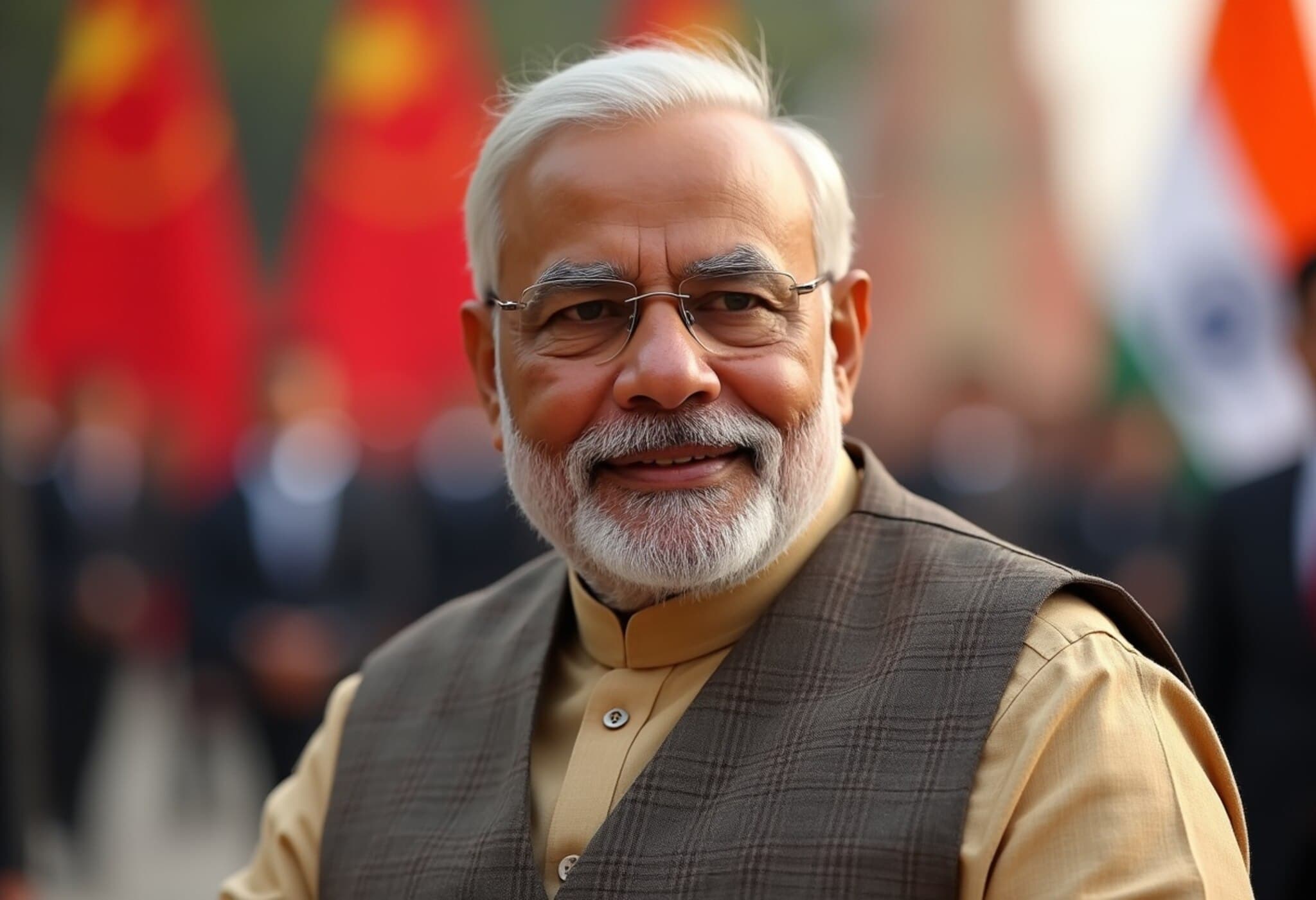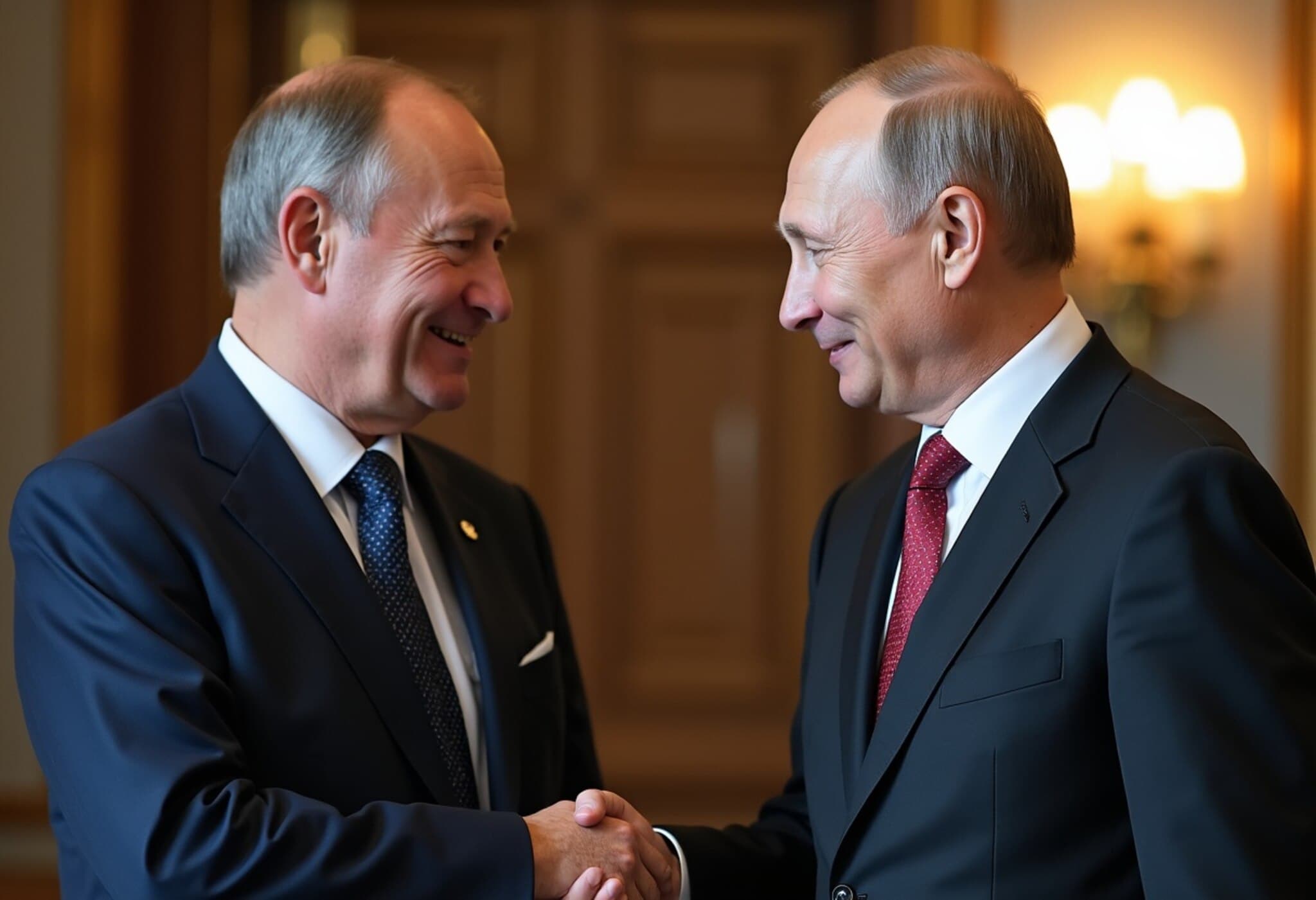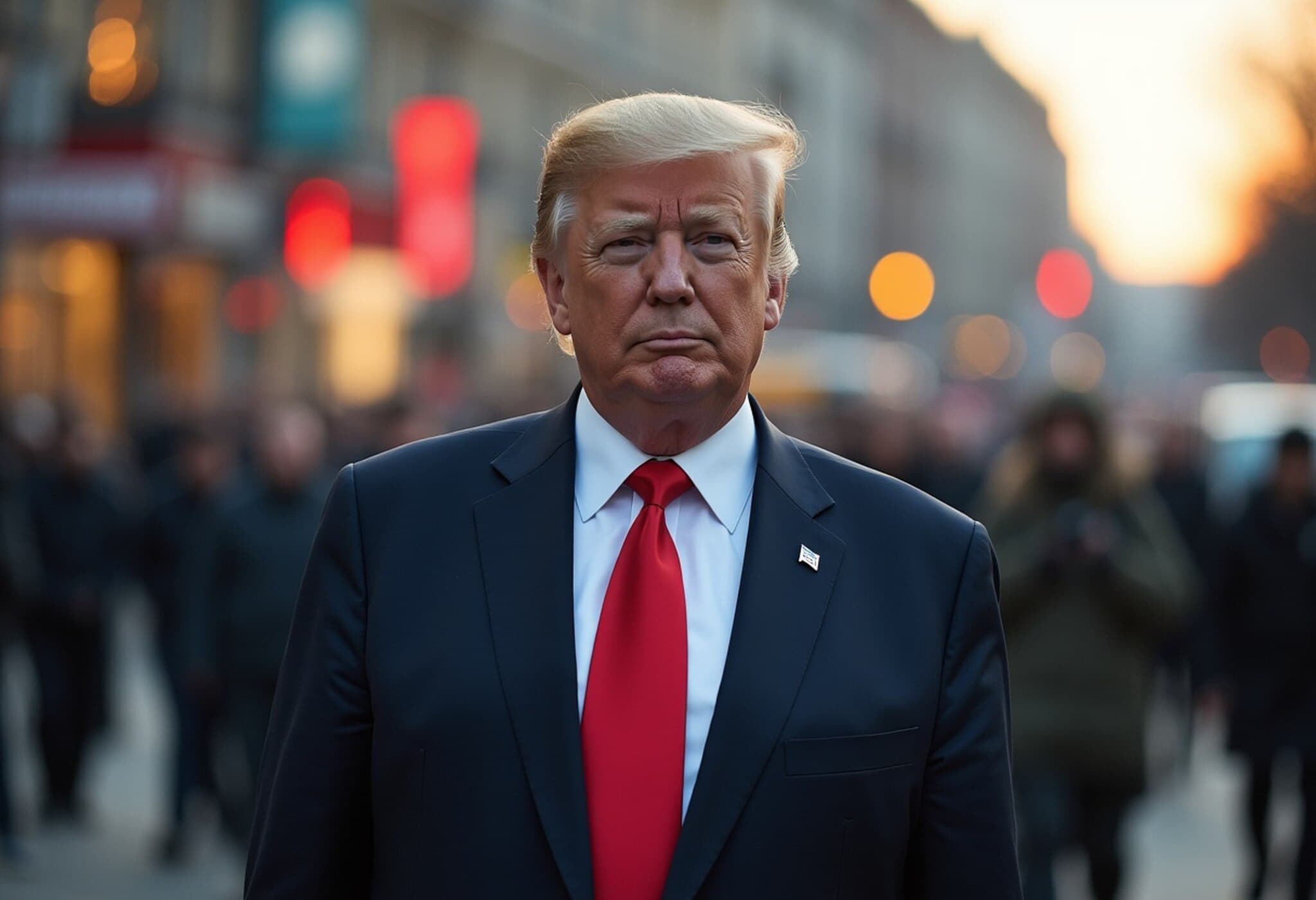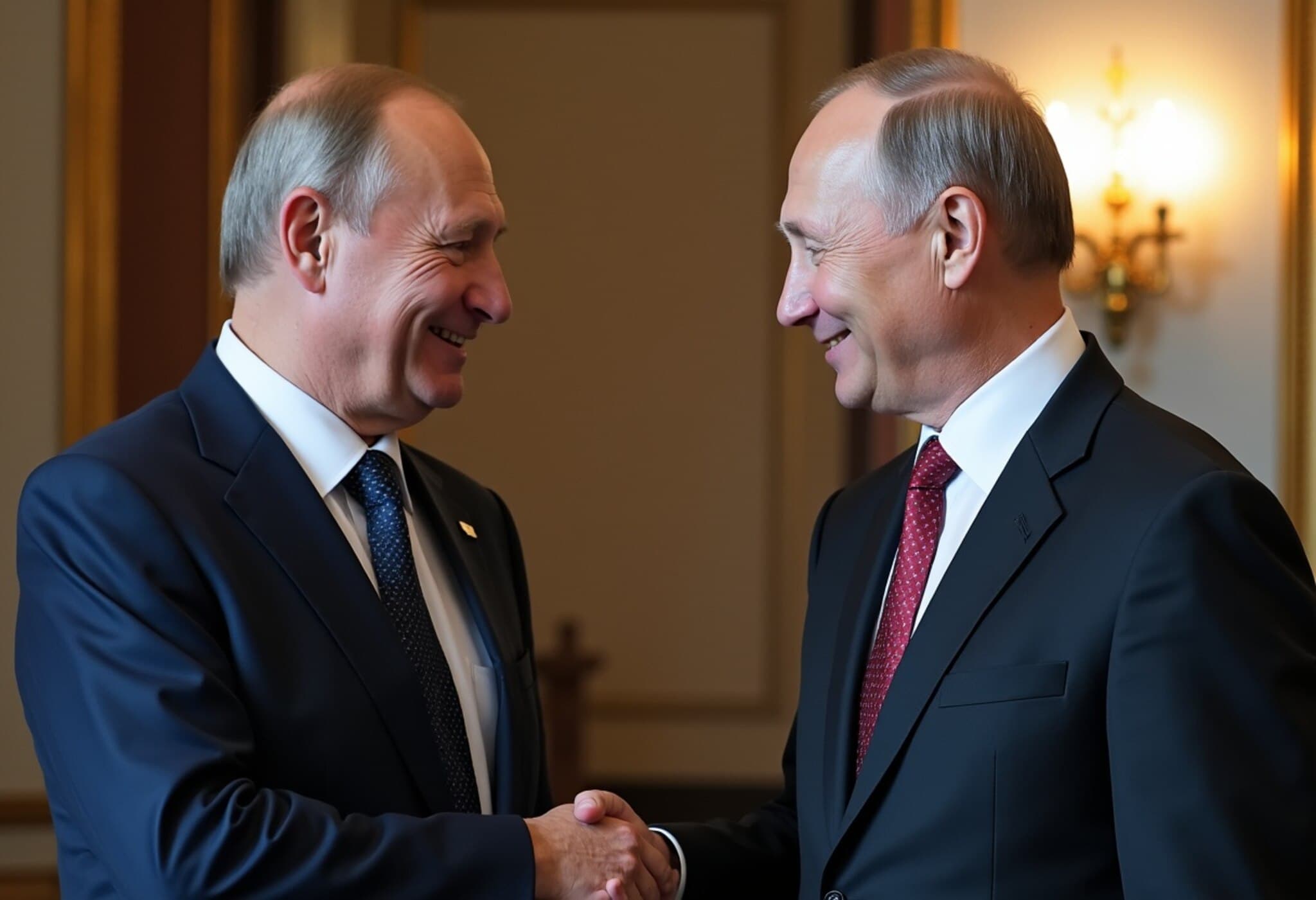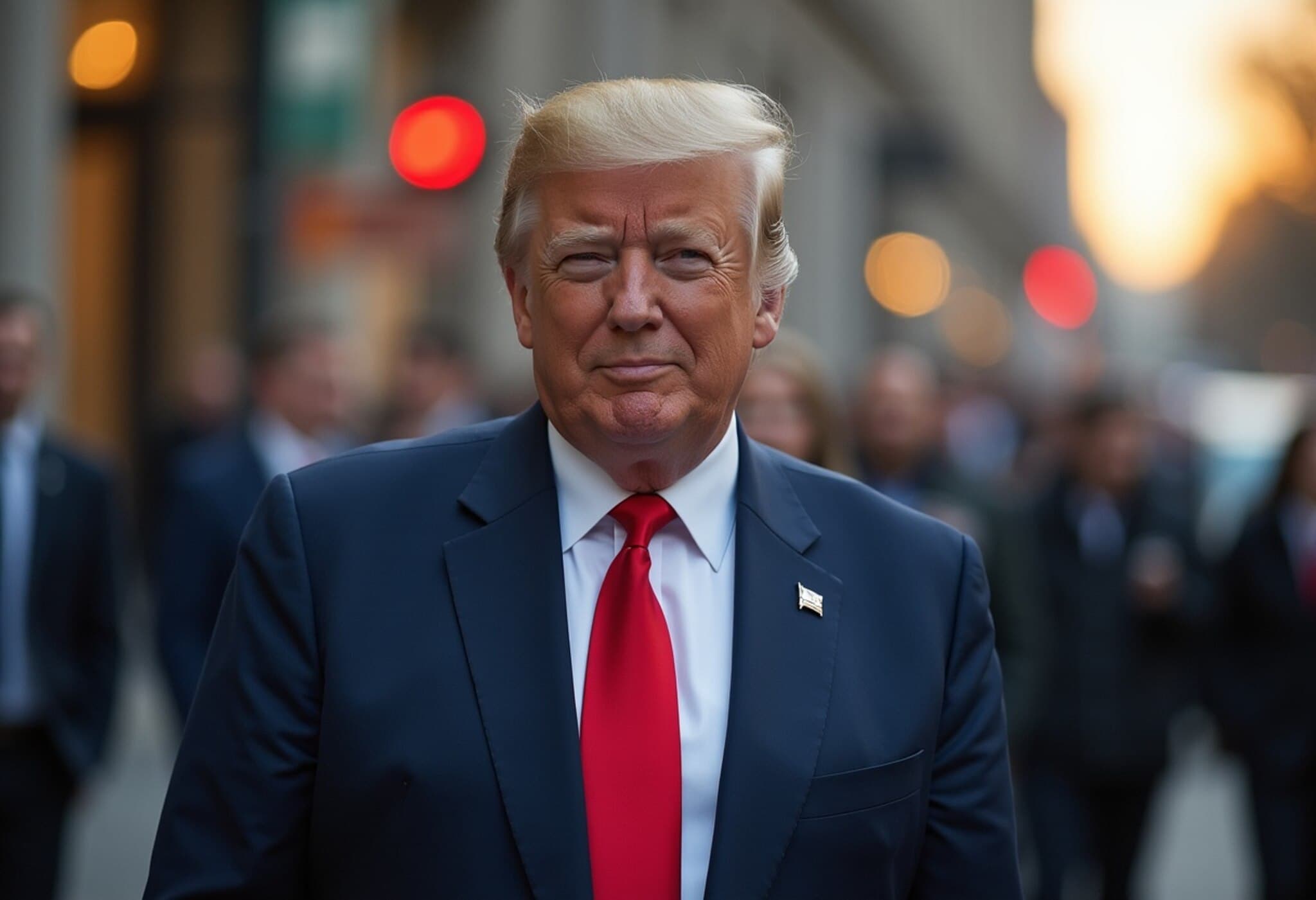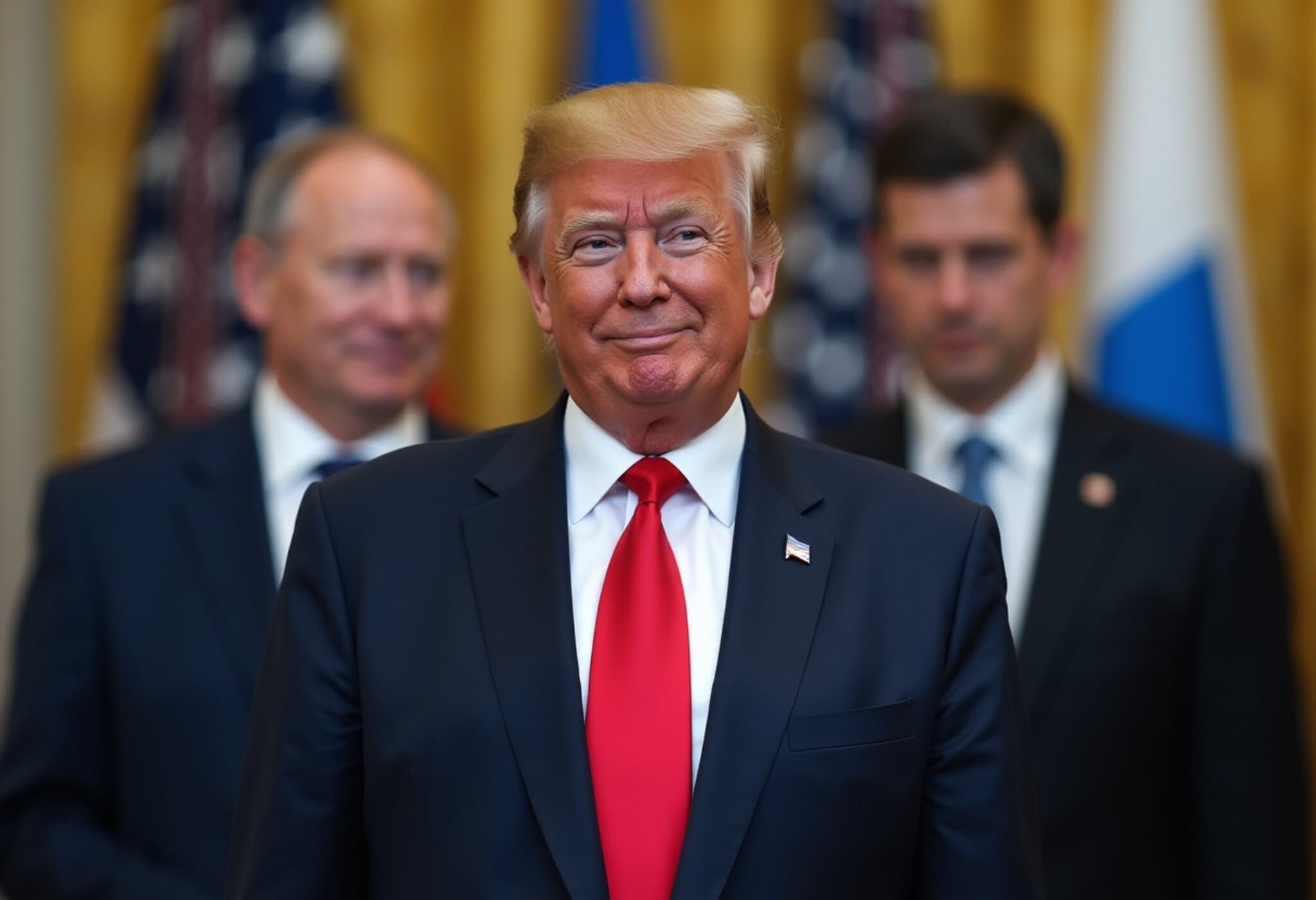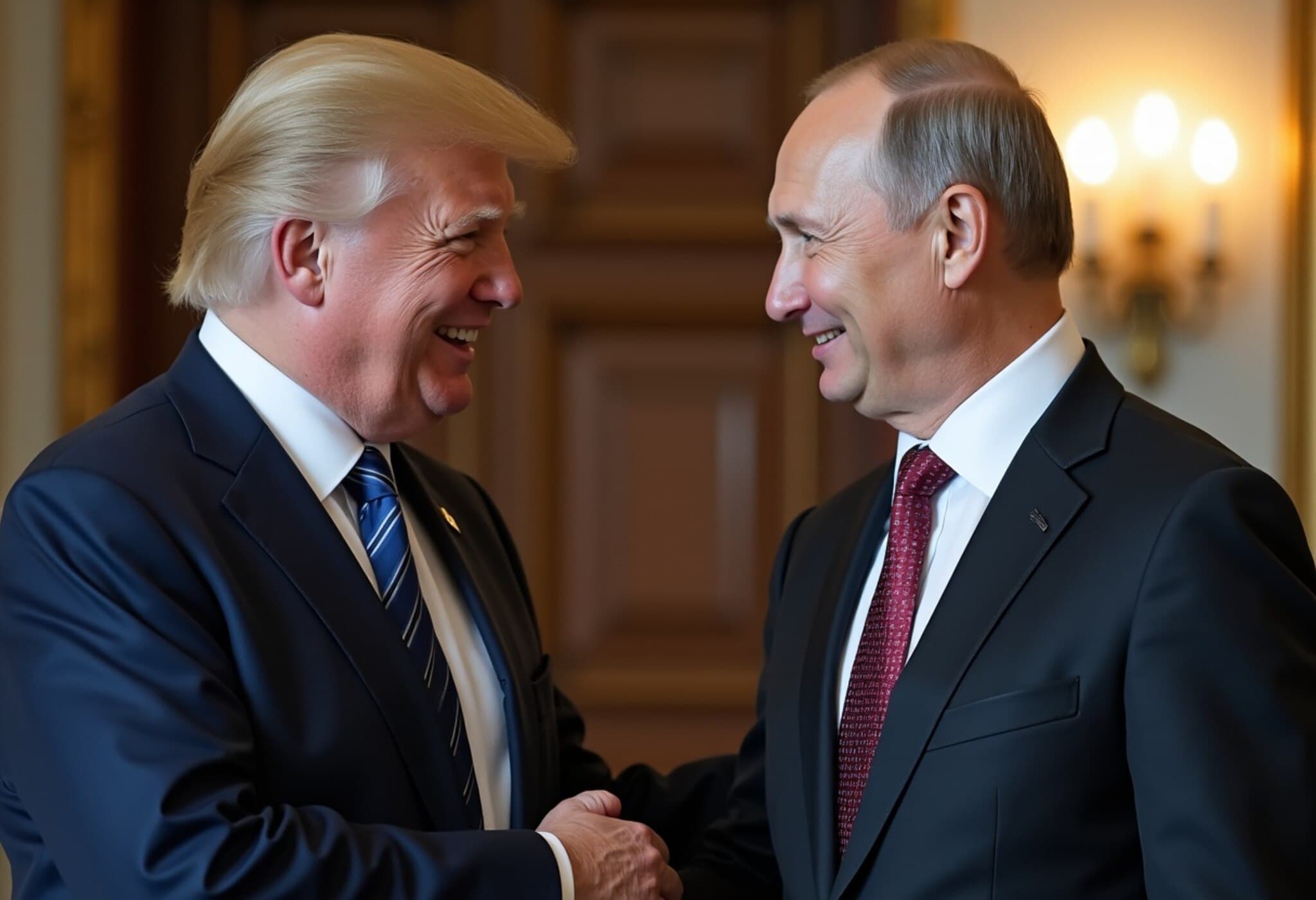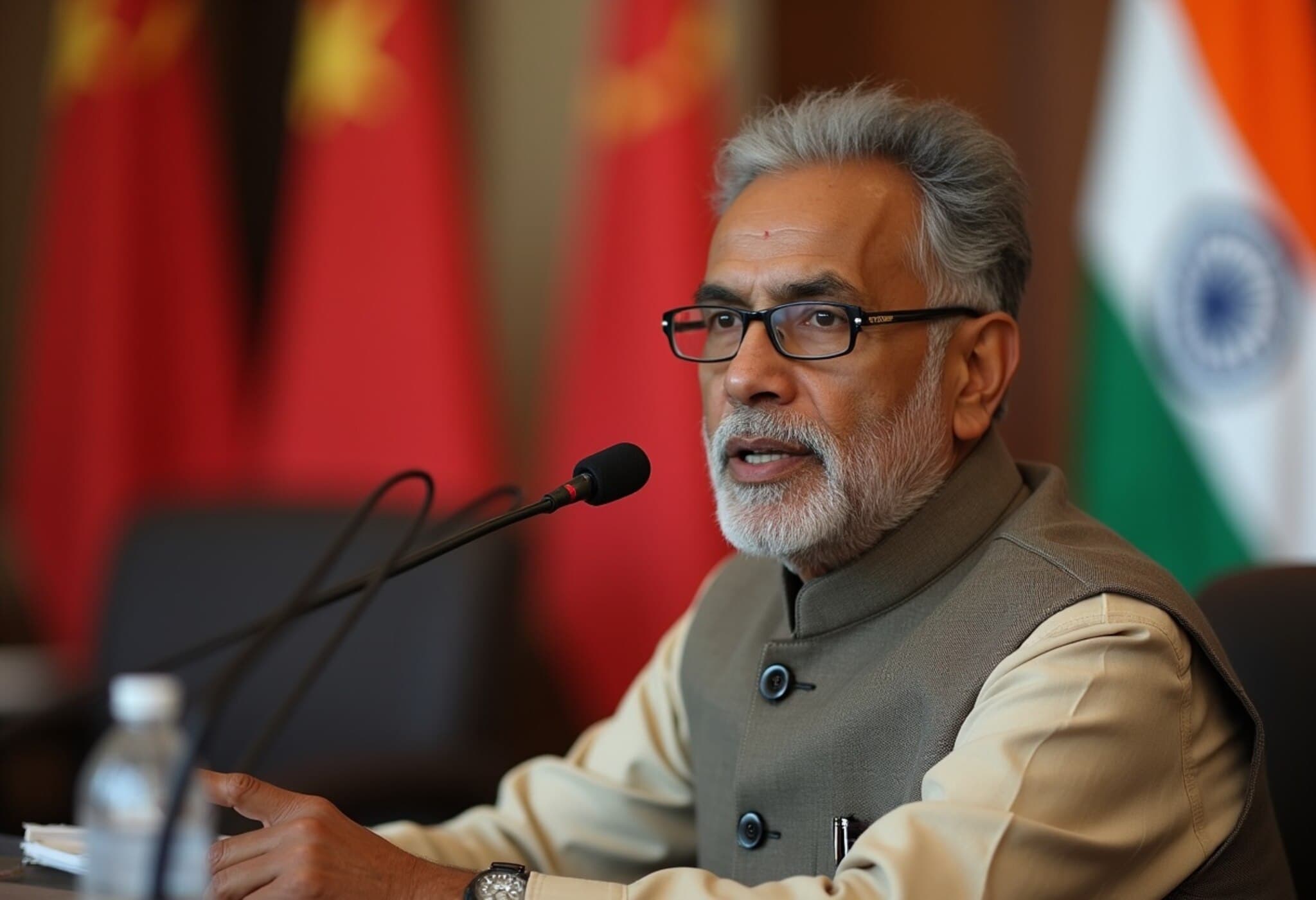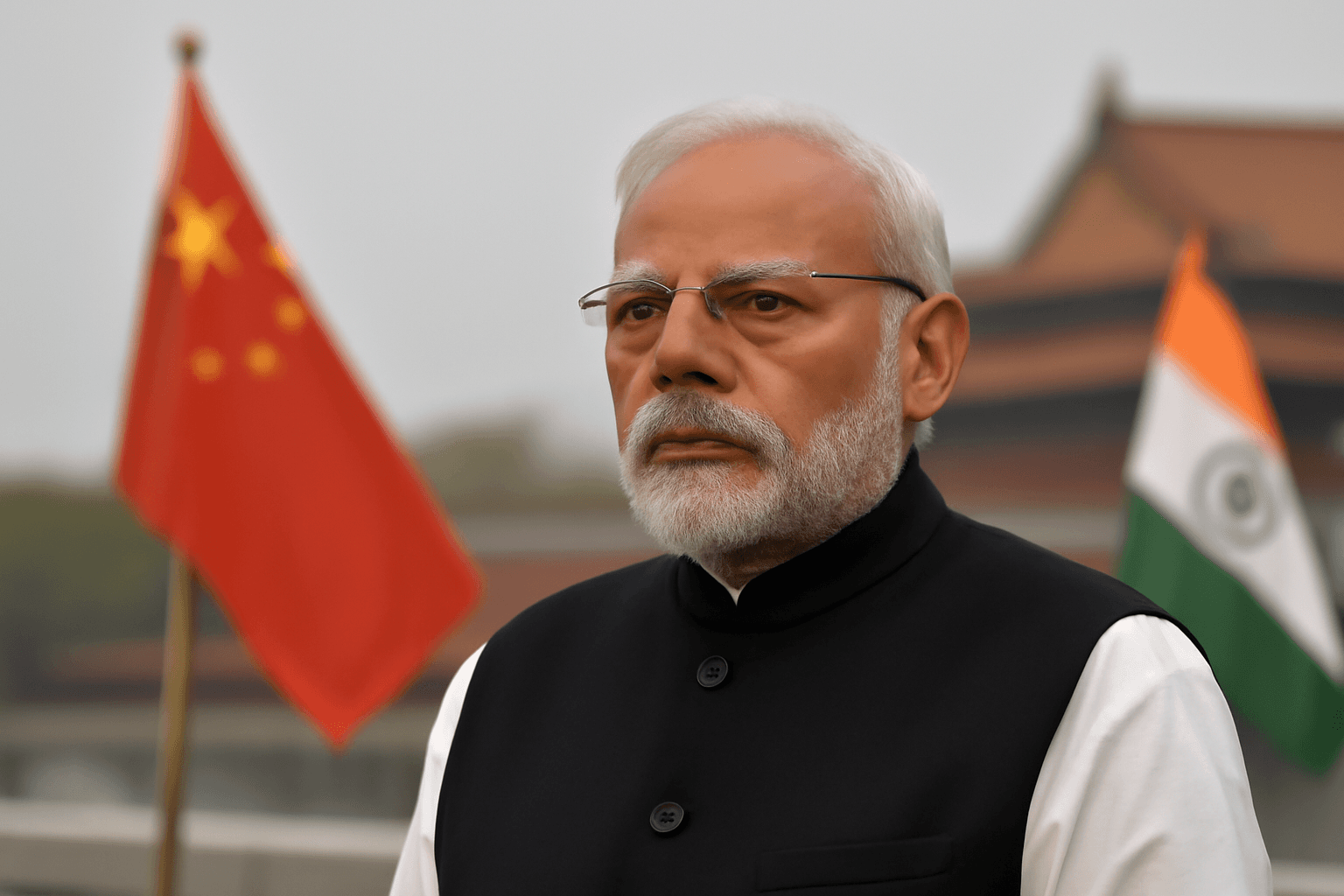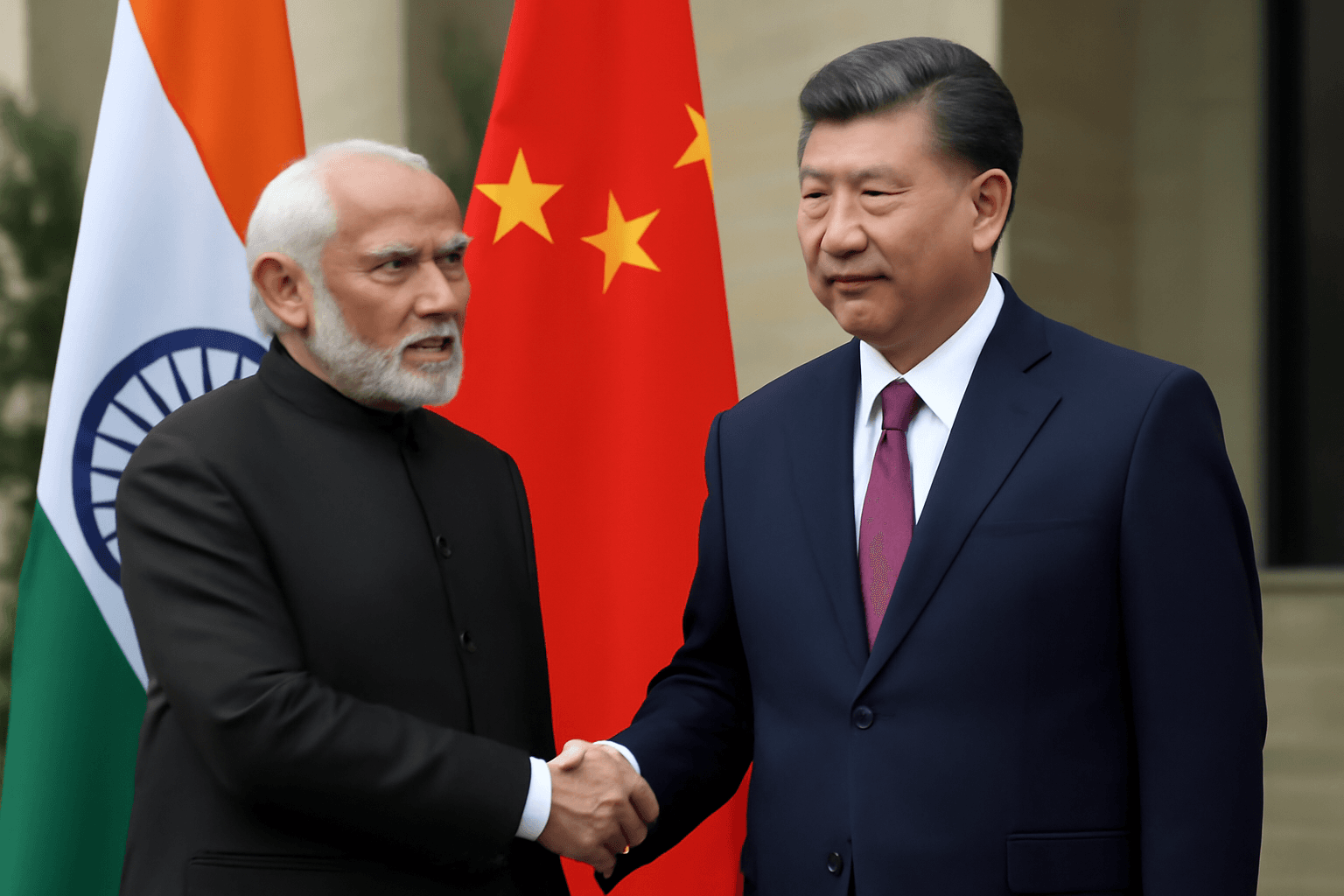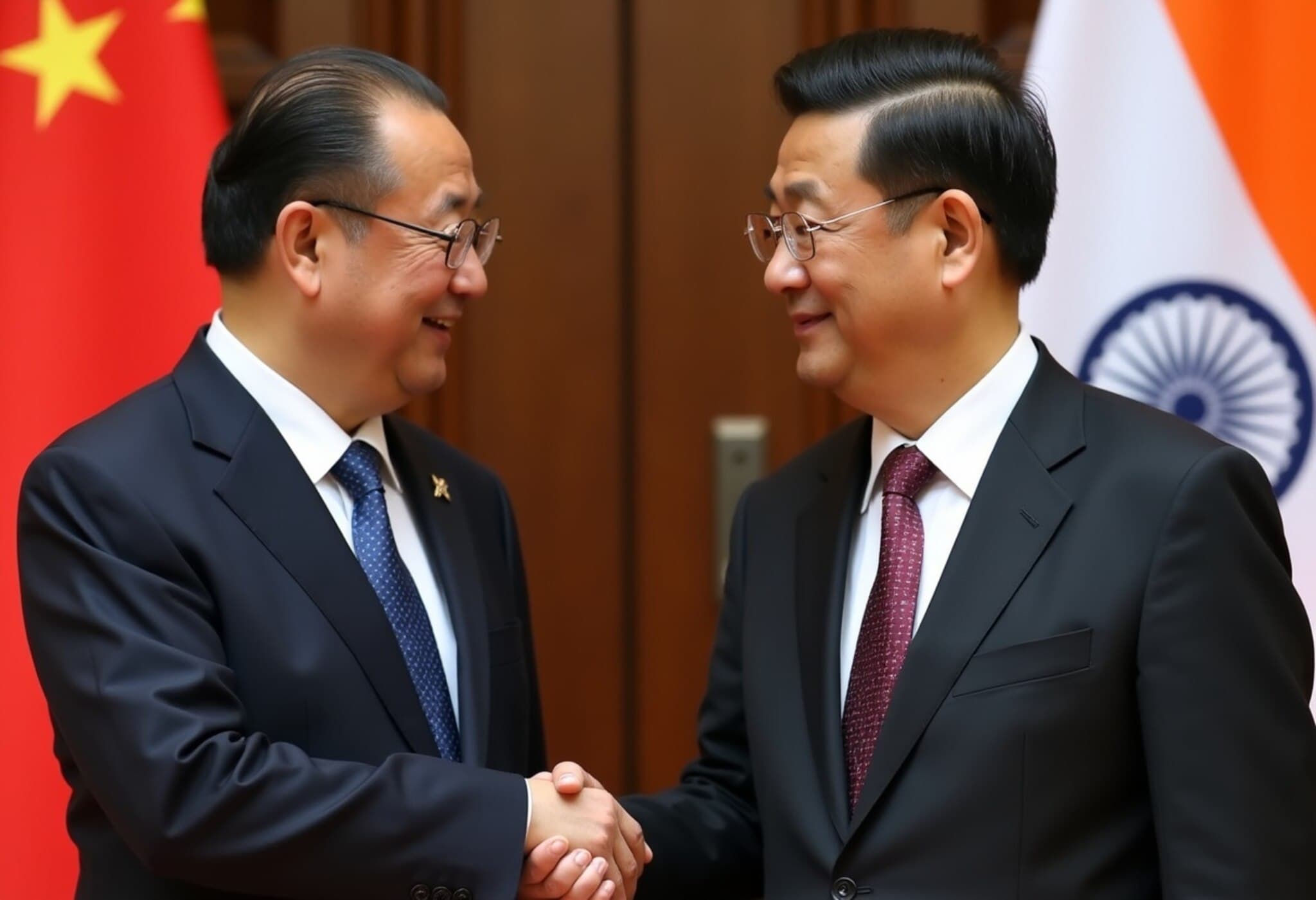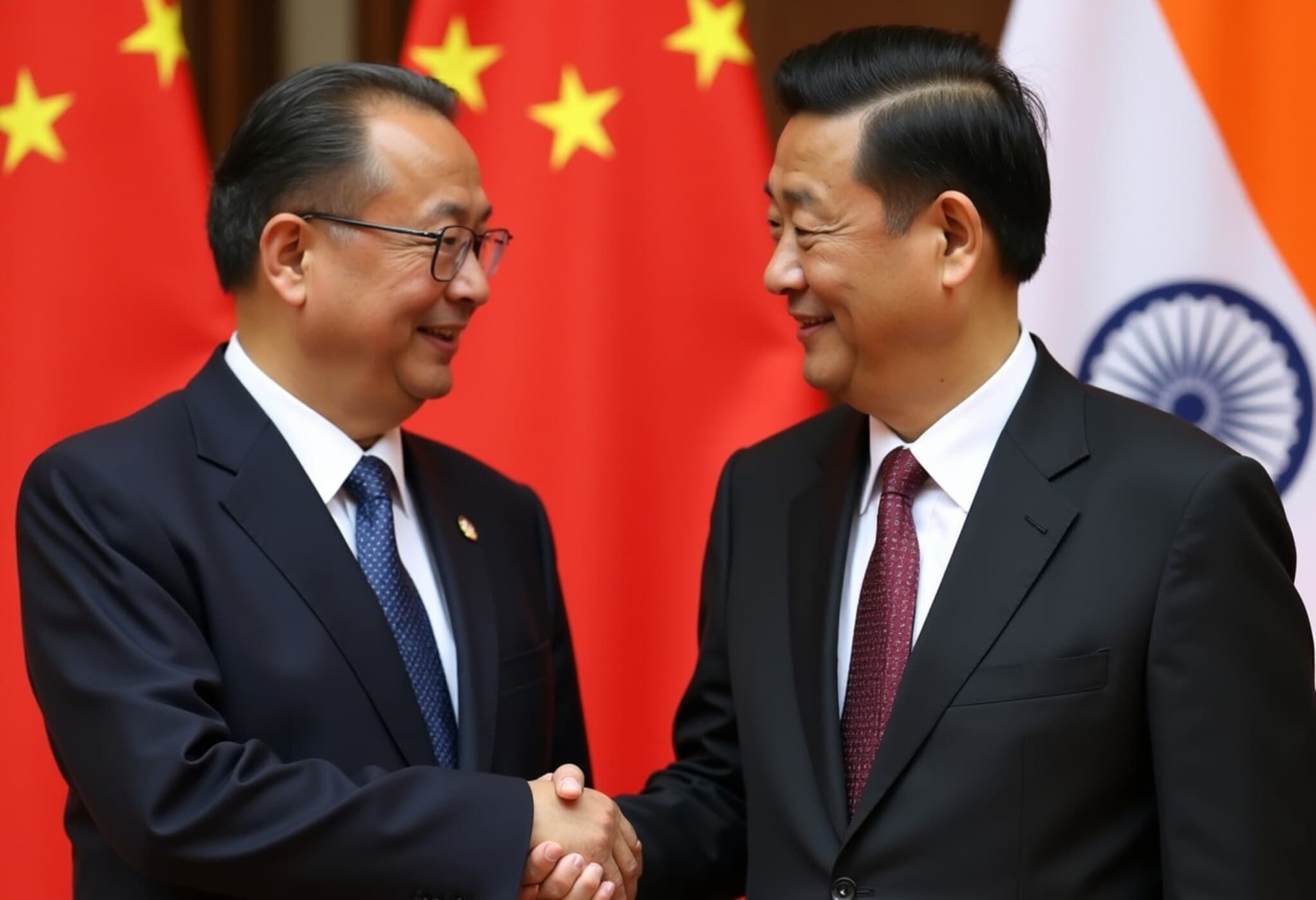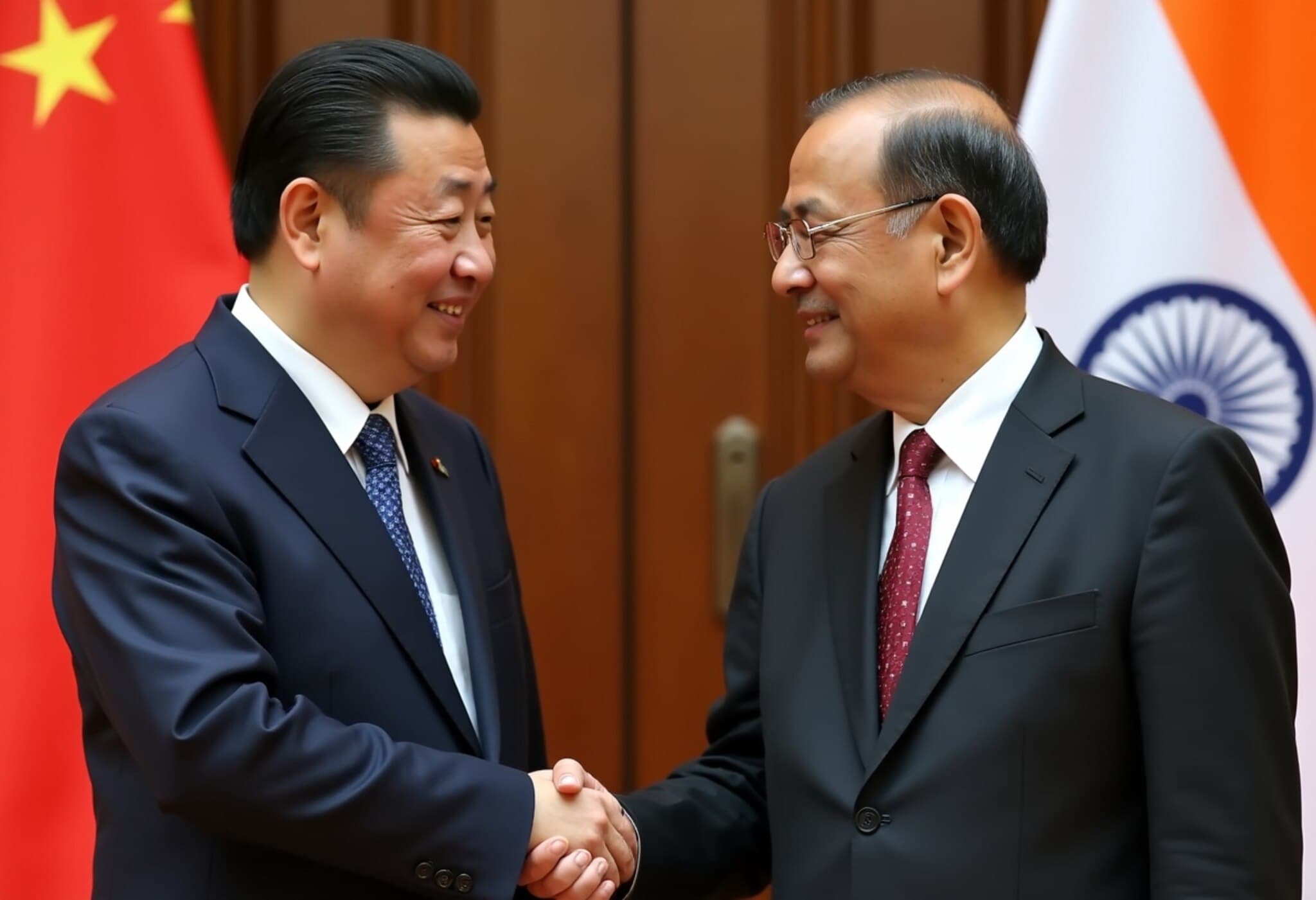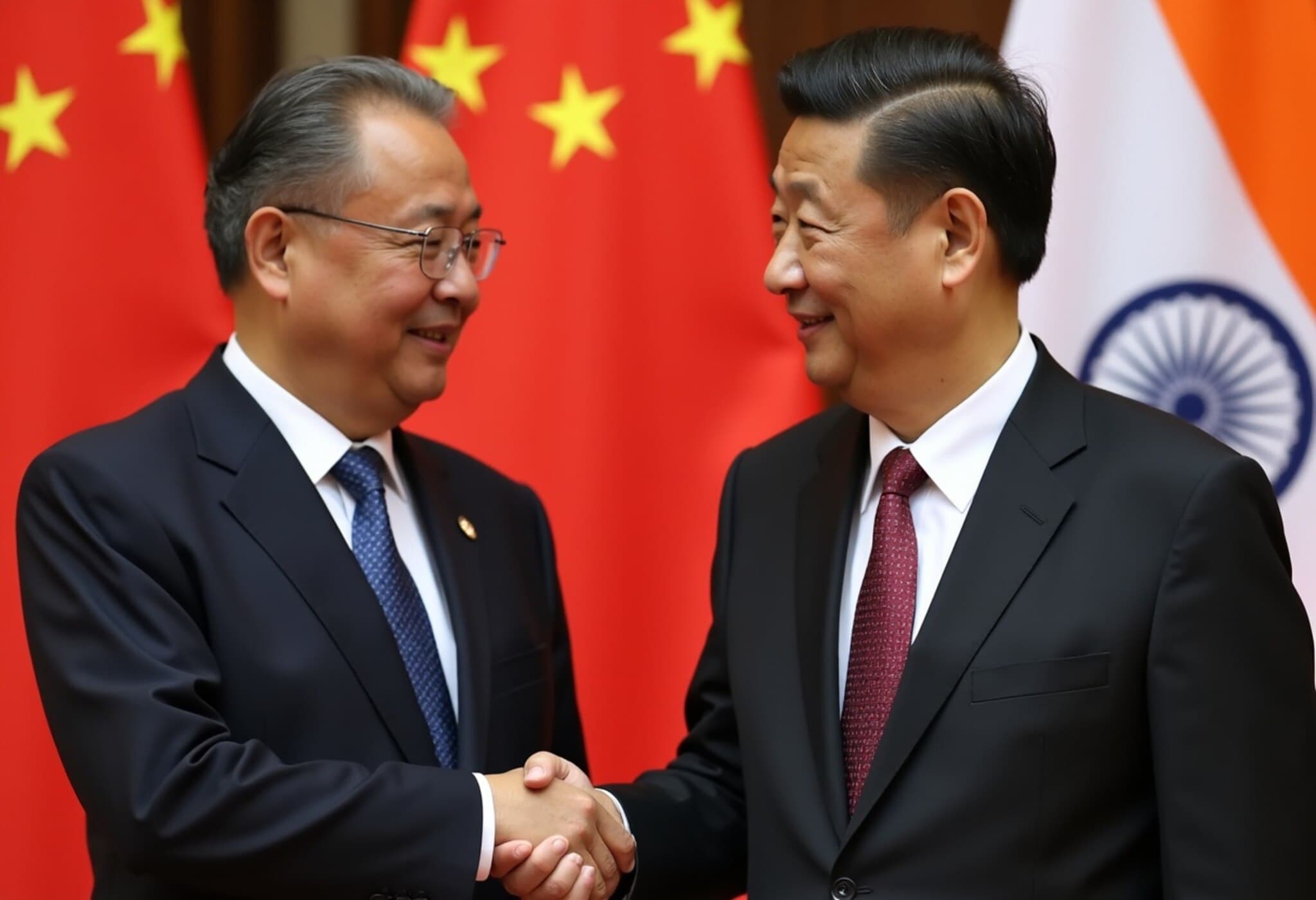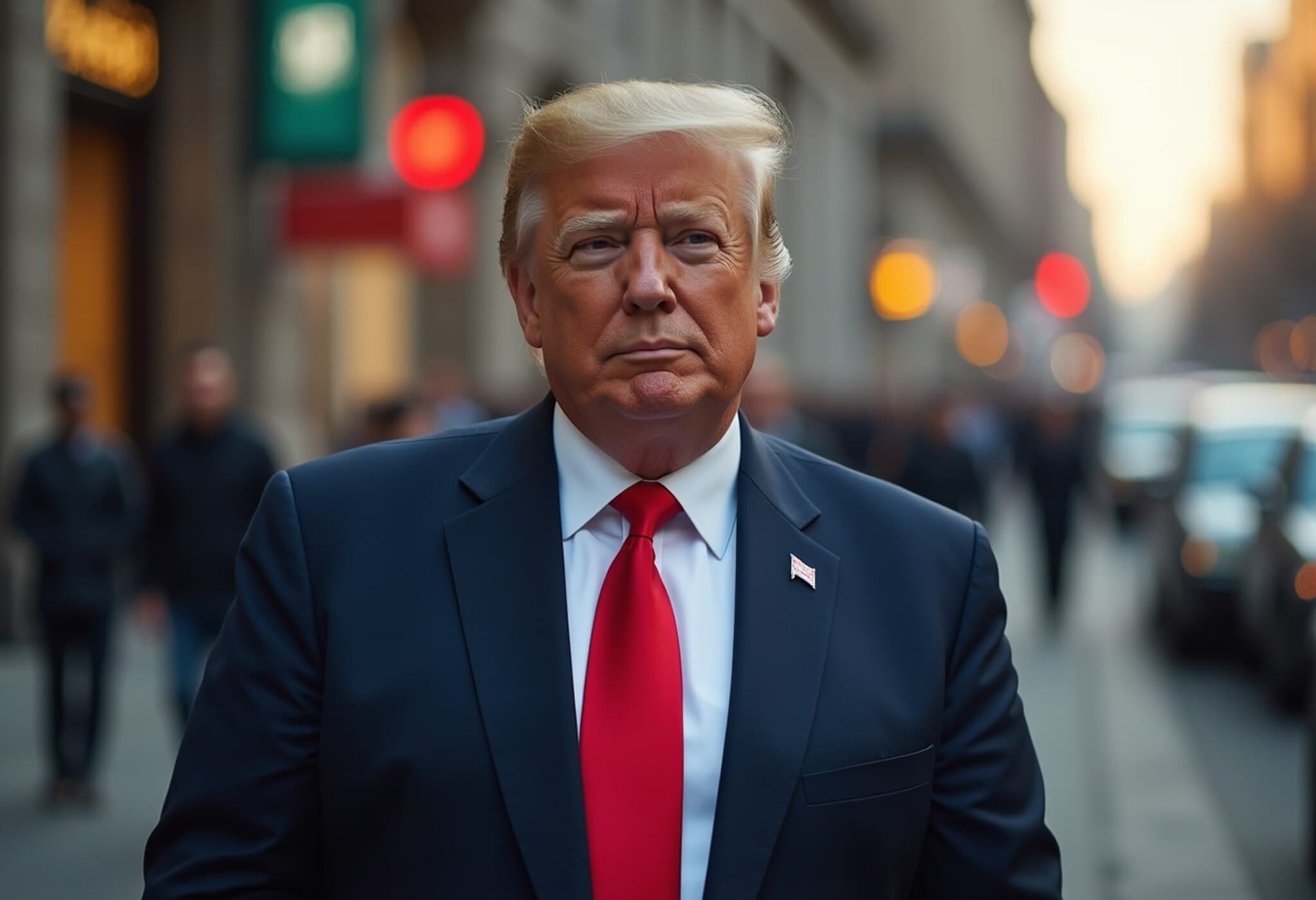Prime Minister Narendra Modi to Visit Japan and China for SCO Summit
In a significant diplomatic move, Prime Minister Narendra Modi is slated to travel to Japan and China in late August 2025, marking his first visit to China in over seven years. The visits coincide with the annual Shanghai Cooperation Organisation (SCO) summit, scheduled from August 31 to September 1 in Tianjin, China.
Rekindling Relations Amid Tense Past
Mr. Modi's anticipated trip to China comes at a time when bilateral relations between the two Asian giants are cautiously being mended after a period of intense strain. The relationship between India and China deteriorated sharply following the deadly border clashes in the Galwan Valley in June 2020, which left deep scars both emotionally and strategically.
Notably, this visit will be the first by Prime Minister Modi to China since June 2018, when he last attended the SCO summit. China's President Xi Jinping also visited India in October 2019 for their second informal summit, highlighting intermittent efforts to maintain dialogue despite challenges.
Strategic Itinerary: Japan First, Then China
Sources familiar with the plan revealed that PM Modi will first visit Japan around August 29, focusing on strengthening ties with another key player in the Indo-Pacific region. Following Japan, he will proceed to Tianjin in northern China to participate in the SCO summit.
This two-nation trip aligns with India's broader diplomatic strategy of engaging regional powers to reinforce security, economic partnerships, and multilateral cooperation against a complex geopolitical backdrop.
Dialogue Resumes With Renewed Vigour
In the weeks leading to this summit, high-level diplomatic churn has been evident. Chinese Foreign Minister Wang Yi is scheduled to visit India for the Special Representatives dialogue, aimed at addressing the enduring boundary dispute.
The rekindling of the special boundary dialogue follows a pivotal meeting between Prime Minister Modi and President Xi in Kazan, Russia, in October 2024. During that encounter, both leaders also finalized a crucial disengagement agreement covering friction points at Demchok and Depsang, officially concluding phases of the eastern Ladakh standoff that began in mid-2020.
Building Back Trust: Restoration of Multiple Ties
Beyond dialogues, both nations have taken practical steps to restore the human and economic connections frayed by previous tensions.
- Resumption of the Kailash Mansarovar Yatra has reactivated spiritual and cultural ties.
- India has recommenced issuing tourist visas to Chinese nationals, signaling openness to people-to-people contacts.
- Discussions are underway to reinstate direct flight services between India and China, which were disrupted amid the pandemic and diplomatic strains.
Moreover, India's Defence Minister Rajnath Singh, External Affairs Minister S. Jaishankar, and National Security Advisor Ajit Doval have participated in recent SCO meetings in China, underscoring the priority accorded to this regional bloc.
The SCO Summit: A Crucial Platform
The Shanghai Cooperation Organisation, chaired by China this year, brings together a unique blend of member states, including India, China, Russia, Pakistan, and Central Asian countries, along with recent entrants Iran (2023) and Belarus (2024). This grouping represents one of the largest transregional international coalitions focused on economic collaboration and collective security.
Russian President Vladimir Putin is also expected to attend the summit, setting the stage for high-profile interactions and possibly bilateral conversations. However, it remains uncertain whether PM Modi and President Xi will hold a formal bilateral meeting on the sidelines of the summit.
Implications for Regional Stability and Global Dynamics
PM Modi’s journey reflects India’s nuanced balancing act — engaging with powerful neighbors amid complex fault lines, while advancing its sovereign interests. The SCO forum provides a rare multilateral avenue where India can navigate geopolitical tensions, foster cooperation on counter-terrorism, and promote economic projects aligned with its development vision.
For the United States and other Western observers, this visit is a bellwether for the evolving India-China relationship, a key factor influencing security and economic dynamics across the Indo-Pacific and Eurasian regions.
Editor’s Note
PM Modi's impending visit to China and Japan for the SCO summit underscores a pivotal moment in South Asian diplomacy, one charged with both optimism and caution. While the border tensions of the recent past linger in memory, the resumption of dialogue and reopening of channels of communication reveal a pragmatic approach to coexistence. Observers should watch closely whether this visit marks a durable thaw or remains a tentative step amid a backdrop of regional complexities.
This development also poses questions about the future trajectory of India-China relations within the broader context of global power realignments and the shifting priorities of multilateral organizations like the SCO. How these dynamics unfold will have profound implications not only for South Asia but also for the strategic calculations of global players.

